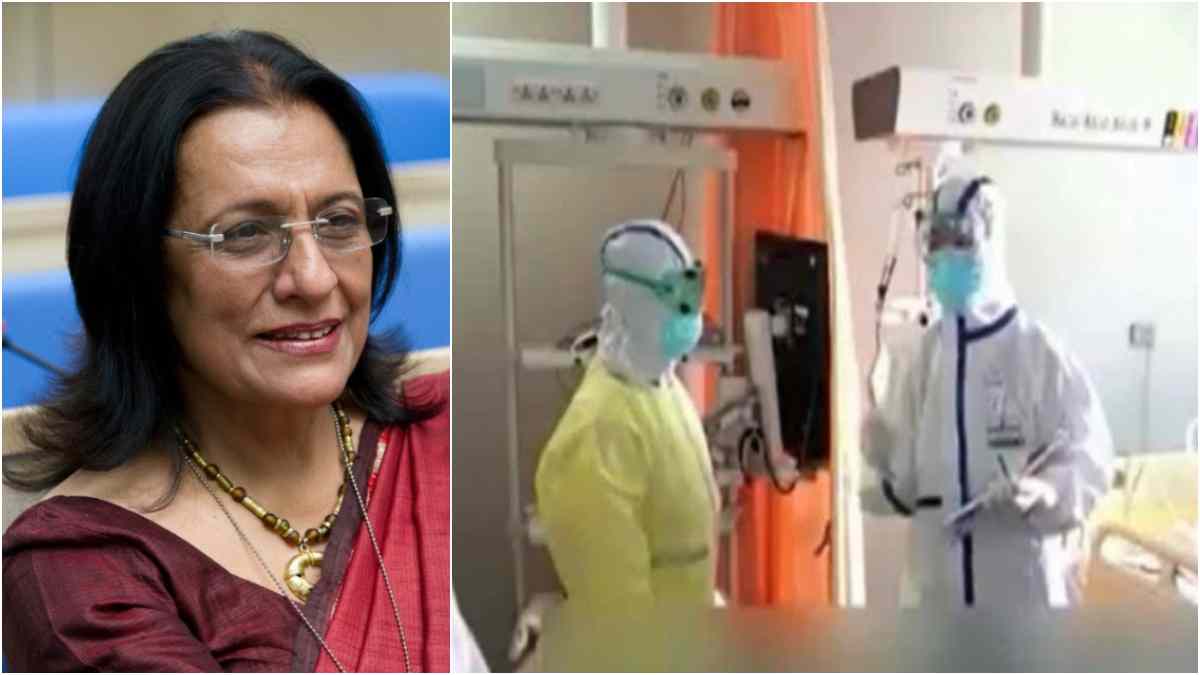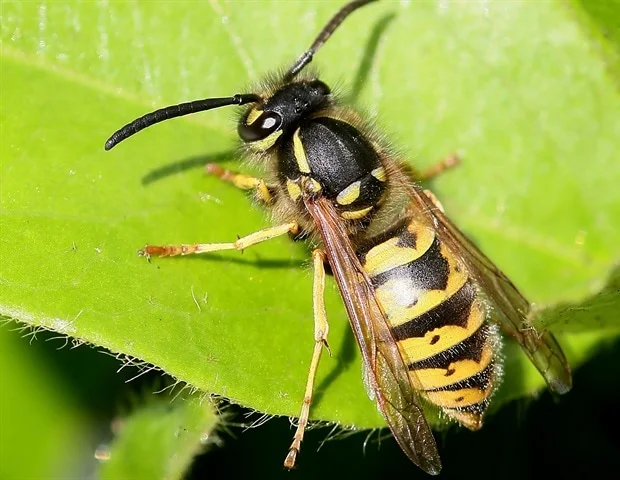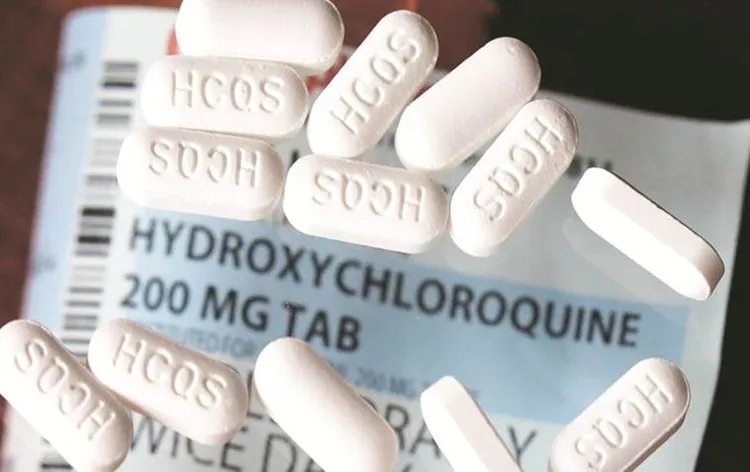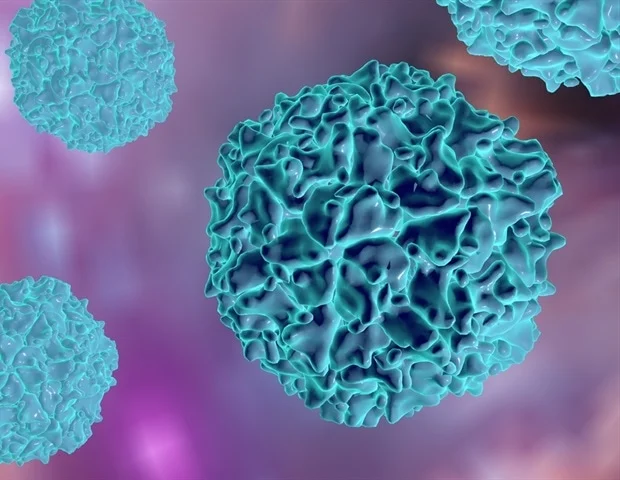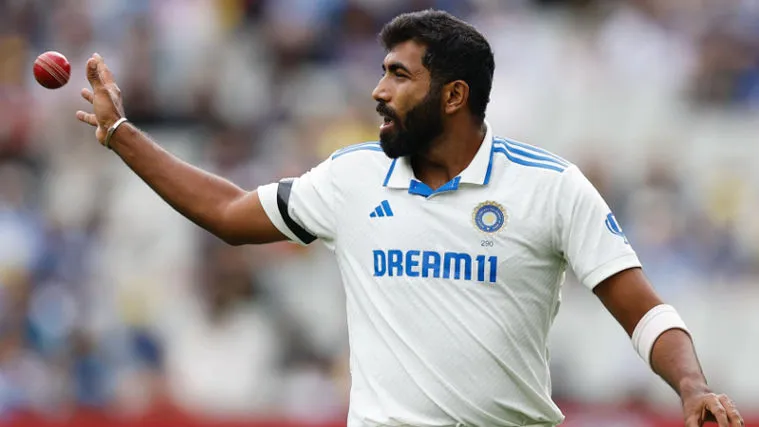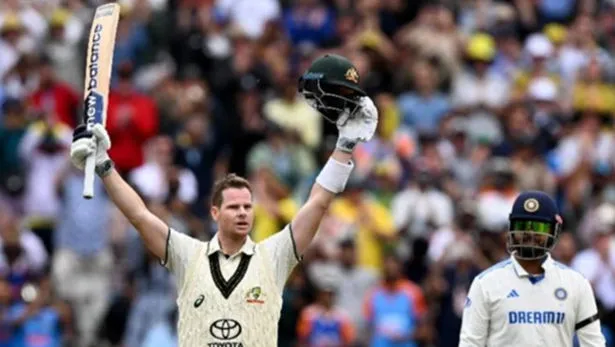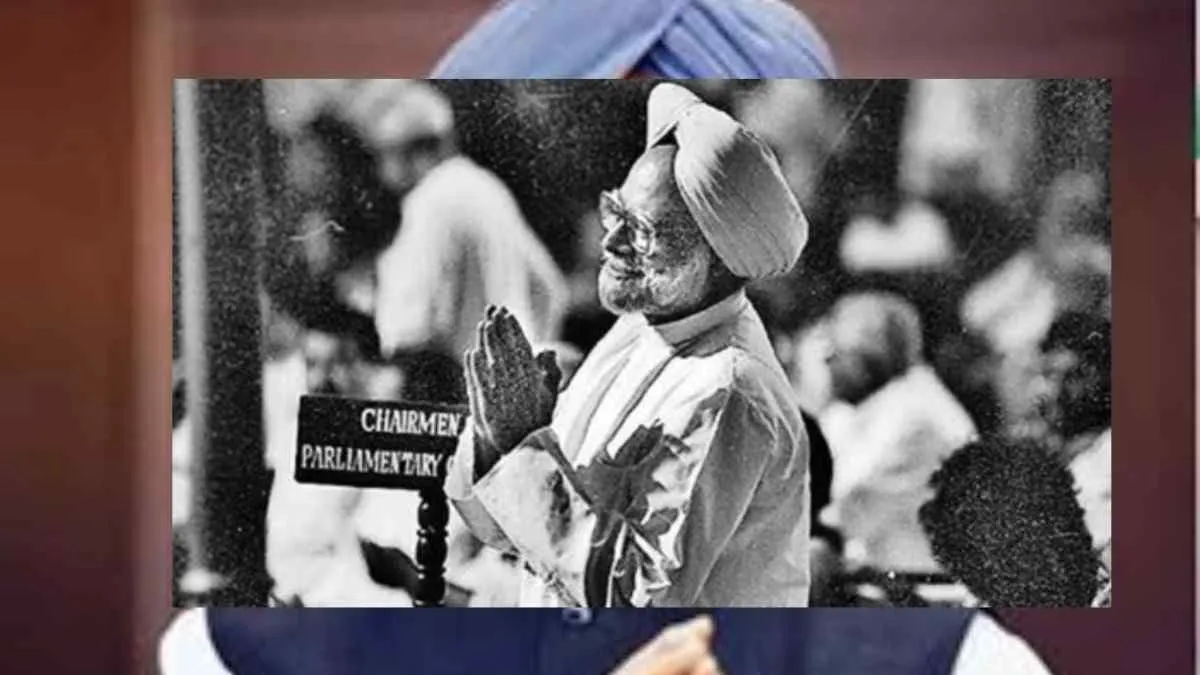Do you think Indian authorities’ strategy is moving towards the right direction in handling Covid-19? What more can be done?
A: India acted early and took bold and decisive steps while implementing core public health measures to detect, test, trace, isolate and treat Covid cases. The country has been scaling up capacities of health workers, hospitals, laboratories and focusing on local production to meet essential medical supplies such as PPEs, masks etc. The focus now is on areas with clusters of cases. Our measures should be guided by sub-national or even community-level risk assessment which should be based on epidemiological factors, healthcare capacities and public health capacities. Public health and social measures should be adjusted to protect the vulnerable population. The adjusting of public health and social measures, including large-scale movement restrictions, should be done to minimize the risk of COVID-19. We are already eight months into the pandemic. Though there is no medicine or vaccine yet for Covid-19, there is enough evidence that the tools in hand can help curtail Covid transmission.
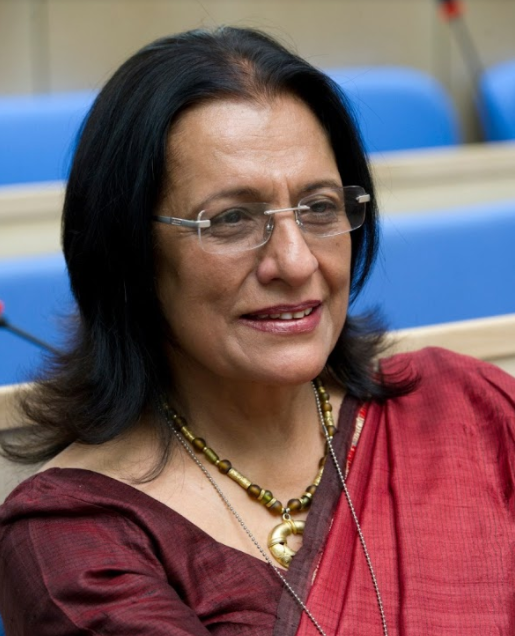
Q: When will the cases start declining ?
A: It is hard to predict. Also, we cannot assume that the downward trend in the disease, wherever it has happened, has occurred naturally. It was only possible with tough public health measures put in place to break chains of transmission in communities. The cornerstone of response to Covid-19 pandemic is to find, isolate, test and care, trace and quarantine contacts. Aggressively implementing these core public health measures, promoting hand hygiene, cough etiquette and social distancing is every country’s best defence against Covid-19. We are in for a long haul and cannot let our guards down.
Q: How many challenges India has to face in the coming days?
A: The pandemic has put immense strain on health systems across the world. The previous disease outbreaks have shown that disruption to essential services caused by an outbreak can be more deadly than the outbreak itself. We must fast-track efforts and do all we can to avoid that happening, while continuing efforts to break Covid-19 transmission chains. Hence, maintaining essential health services and accelerating resumption of those services hit by the pandemic, is a priority for all countries now.
Q: When do you think India will get a vaccine? What strategy and protocols need to be followed in supply after getting a vaccine?
A: Traditionally, it takes 5-10 years, or even more for a new vaccine to be developed before it can be used in humans. Despite accelerated efforts, the availability of Covid-19 vaccines would depend on the outcome of the clinical trials that are still ongoing. While several candidate vaccines have progressed to clinical trials phase, including some that are undergoing trials in India, it cannot be said with certainty what the results of these trials will be – both in terms of efficacy and safety – and by when we will have a vaccine available for use in populations. Once developed, a Covid-19 vaccine must be considered a global public good, that can be accessed by all of humanity. To facilitate this, WHO has co-launched the access to ‘Covid-19 Tools Accelerator’ and is supporting the COVAX Facility. Both these mechanisms are expected to help all countries, including low- and middle-income countries gain rapid and equitable access to safe and effective vaccines.
Q: Who should get the vaccination first?
A: This was discussed extensively at a recent International Symposium on Novel ideas in Science and Ethics of Vaccines against Covid-19 pandemic, in which leading experts from across the globe participated. The allocation framework for Covid-19 vaccines that is under development also aims to help countries prioritize at-risk populations as they develop in-country vaccination strategies. It is proposed that the initial tranche of doses should be made available to all countries to ensure health and other essential frontline workers can be immunized first, followed by other high-risk populations.
Q: Do you think Russian vaccine ‹Sputnik V’ can be trusted ? If not then why?
A: WHO is aware that a Covid-19 vaccine has been registered in the Russian Federation’s national medicines registry. WHO welcomes all advances in Covid-19 vaccine research and development. At the global level, WHO has been involved in guiding and accelerating R&D efforts since January 2020. Accelerating vaccine research should be done following established processes through every step of development, to ensure that any vaccines that eventually go into production are both safe and effective. Any safe and effective pandemic vaccine will be a global public good, and WHO urges rapid, fair and equitable access to any such vaccines worldwide. WHO is in touch with Russian scientists and authorities and looks forward to reviewing details of the trials.

